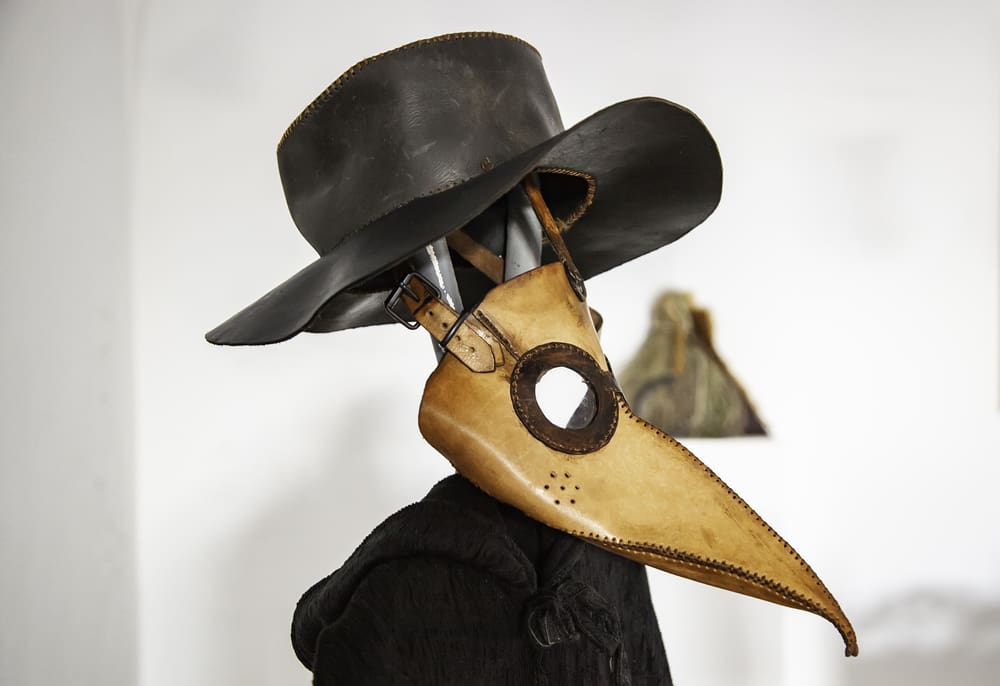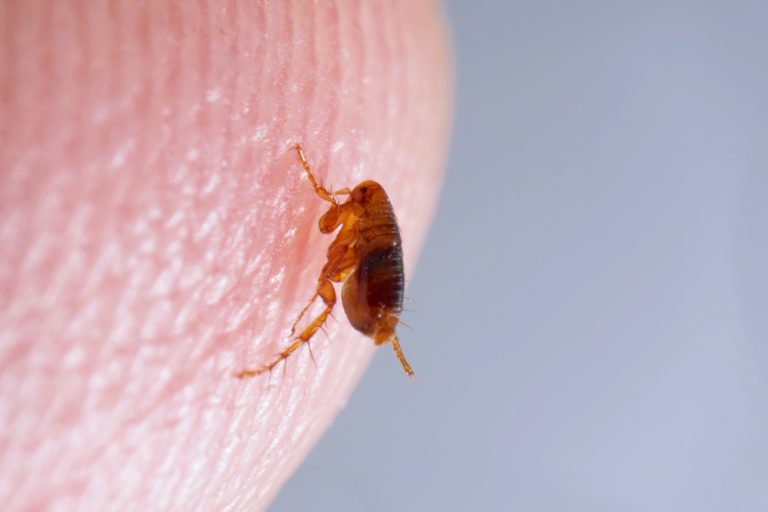Colorado public health officials have confirmed a rare human case of plague in a resident of Pueblo County. Plague, an uncommon disease with an average of seven reported cases annually in the United States, is caused by the bacterium Yersinia pestis. While it devastated Europe during the Middle Ages, today, it primarily affects rural areas in the southwestern U.S., such as New Mexico, Arizona, and Colorado. Additionally, certain regions in Africa and Asia have reported cases in recent years.
The plague bacterium is typically transmitted to humans through the bite of an infected rodent flea or by handling an infected animal. Symptoms of the plague can be severe and include sudden fever, chills, severe headache, muscle aches, swollen lymph nodes, nausea, and vomiting. The disease can be life-threatening but is treatable with prompt antibiotic administration.

Health officials stress the importance of seeking immediate medical care if symptoms develop. They also recommend preventive measures to avoid infection, such as avoiding contact with dead animals, treating pets regularly for fleas, and eliminating rodent breeding areas in and around homes.
In light of this case, public health officials are also working to raise awareness about the importance of vigilance and early detection. They emphasize that while the risk of contracting the plague remains low, staying informed and cautious can significantly reduce potential threats. Community members are encouraged to report any unusual rodent or wildlife behavior to local authorities and to follow public health guidelines diligently. Through combined efforts of public awareness and proactive health measures, the aim is to keep the incidence of such rare diseases minimal and manageable.




